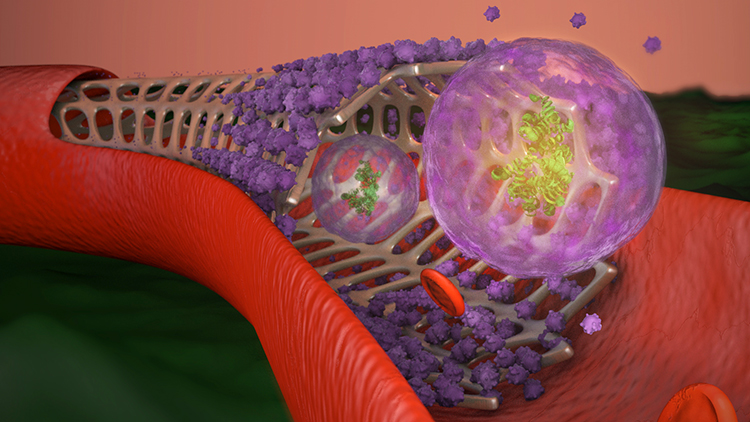National Institutes of Health (NIH)
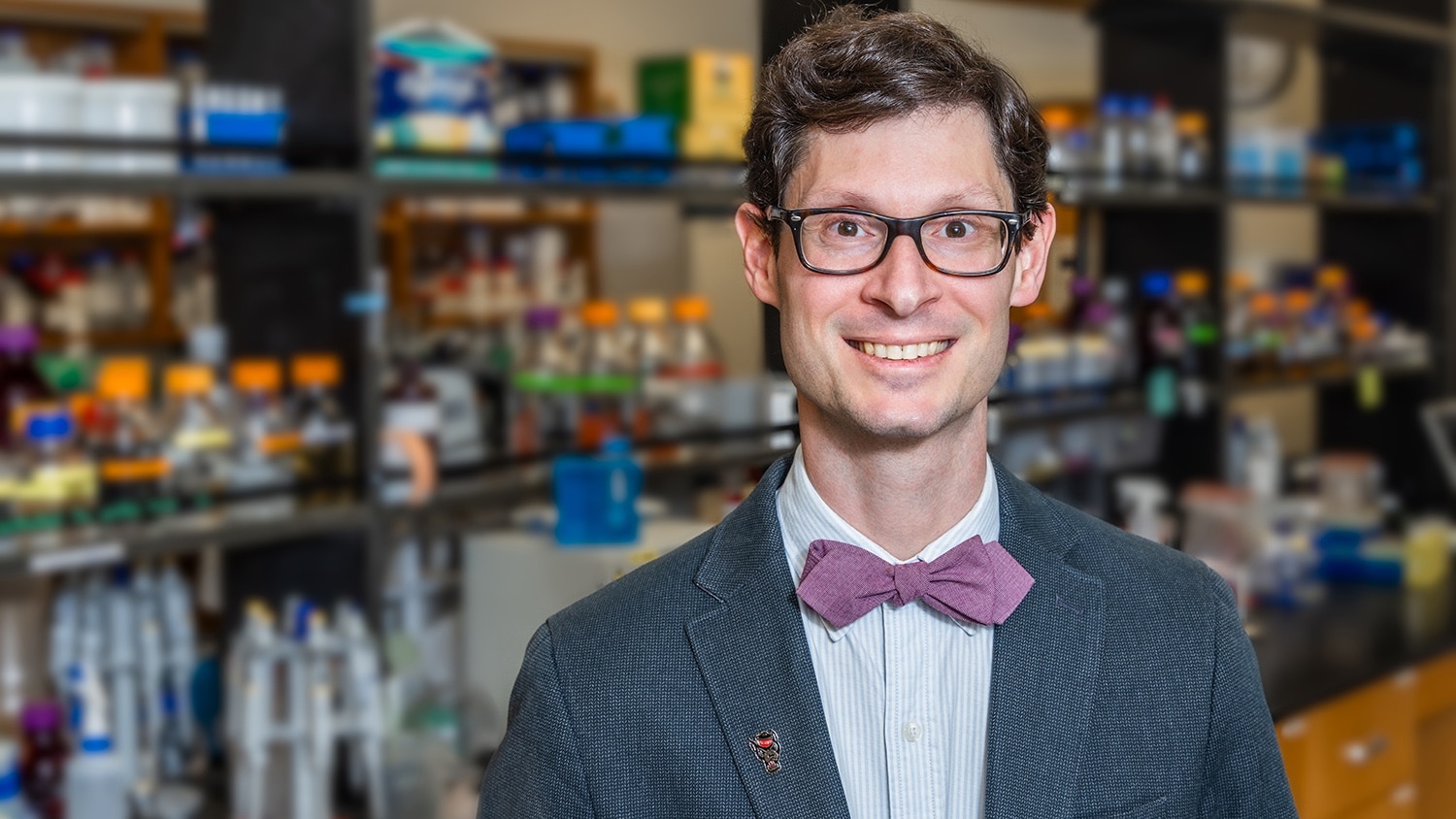
Tiny organisms, transformative outcomes
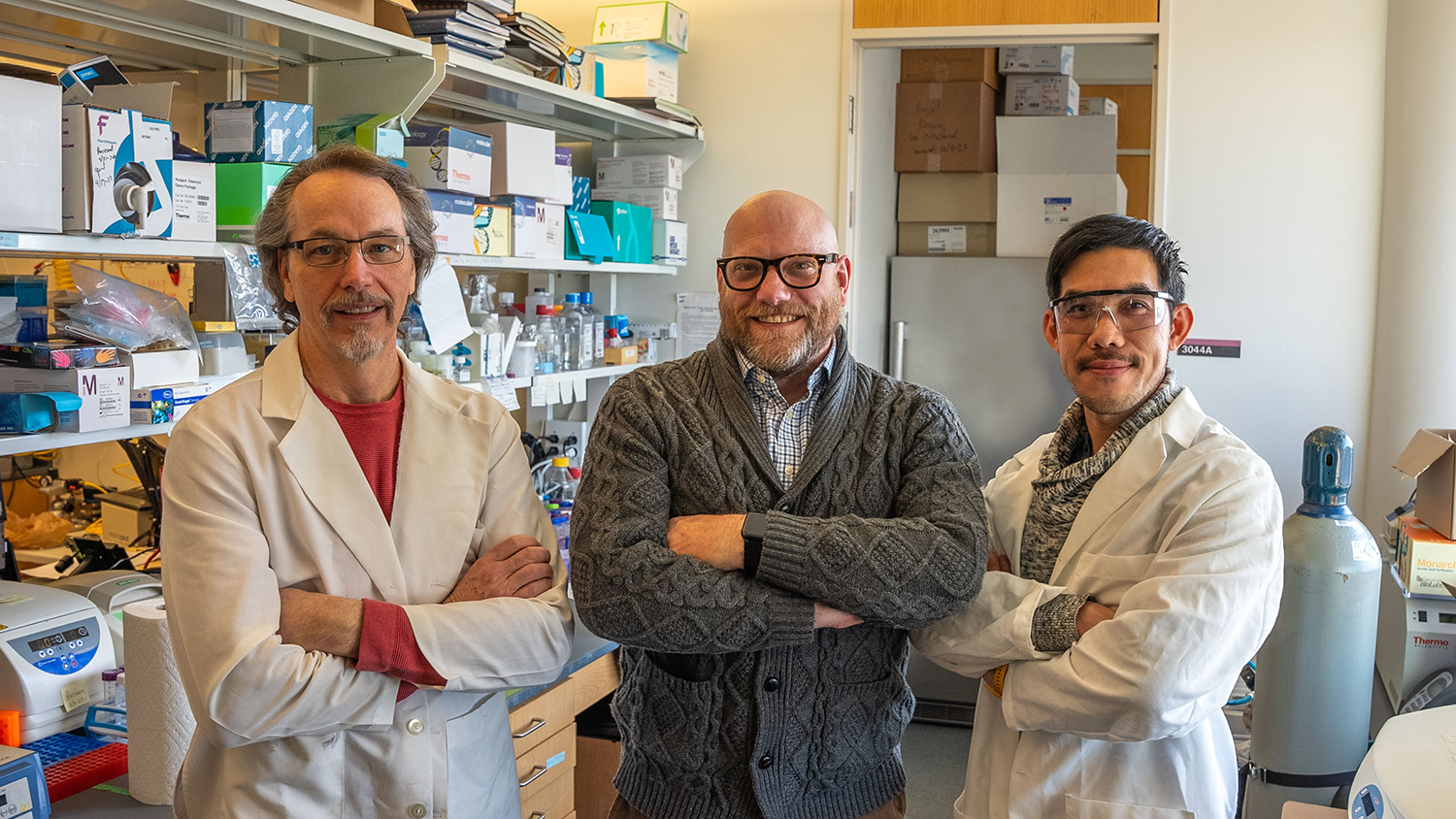
MSE startup Helixomer receives $2M NIH grant to advance breakthrough anticoagulant and reversal agent
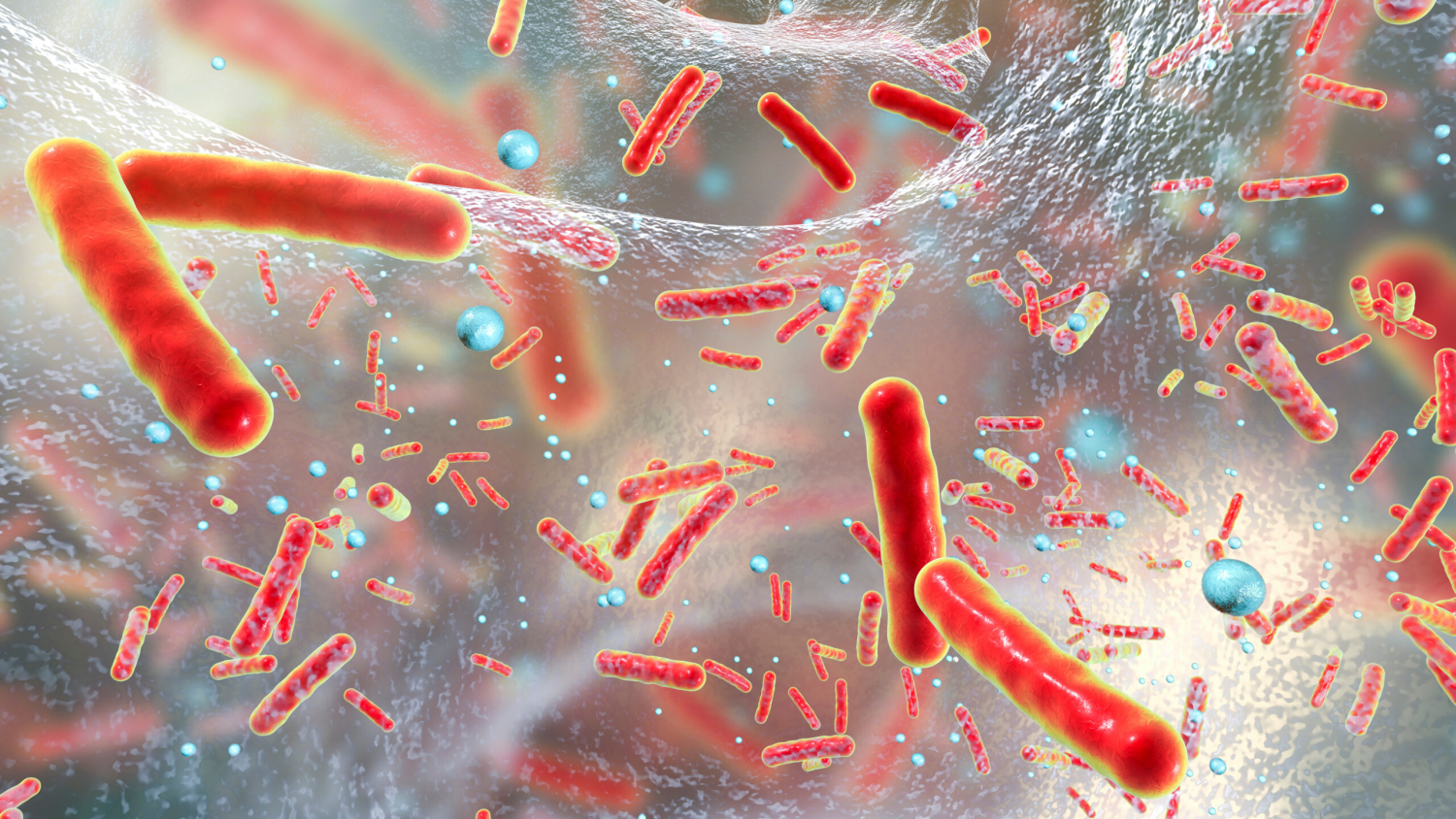
NC State researcher receives ‘high-risk, high reward’ NIH funding
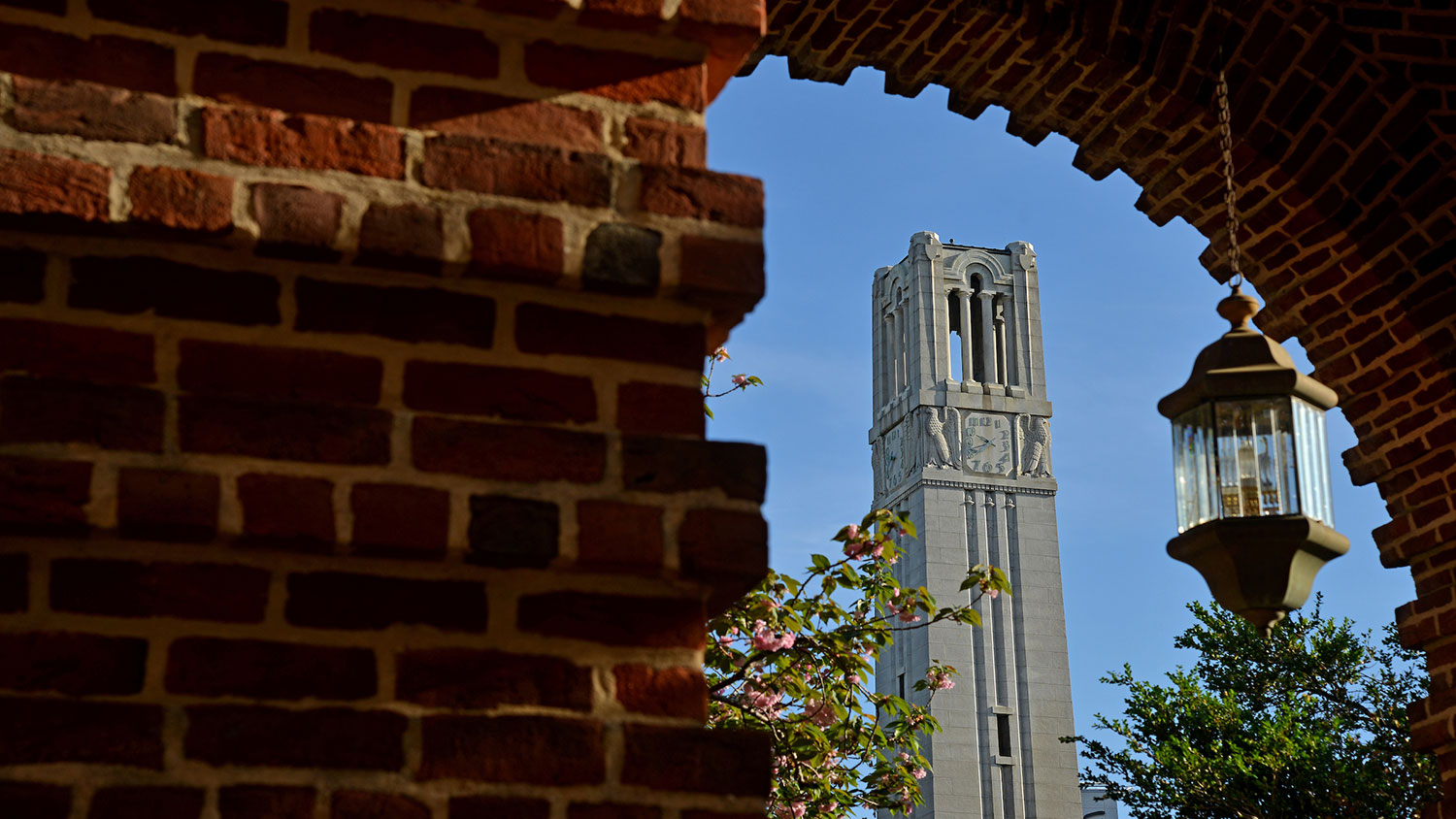
Muller and team awarded $2.9 million NIH grant
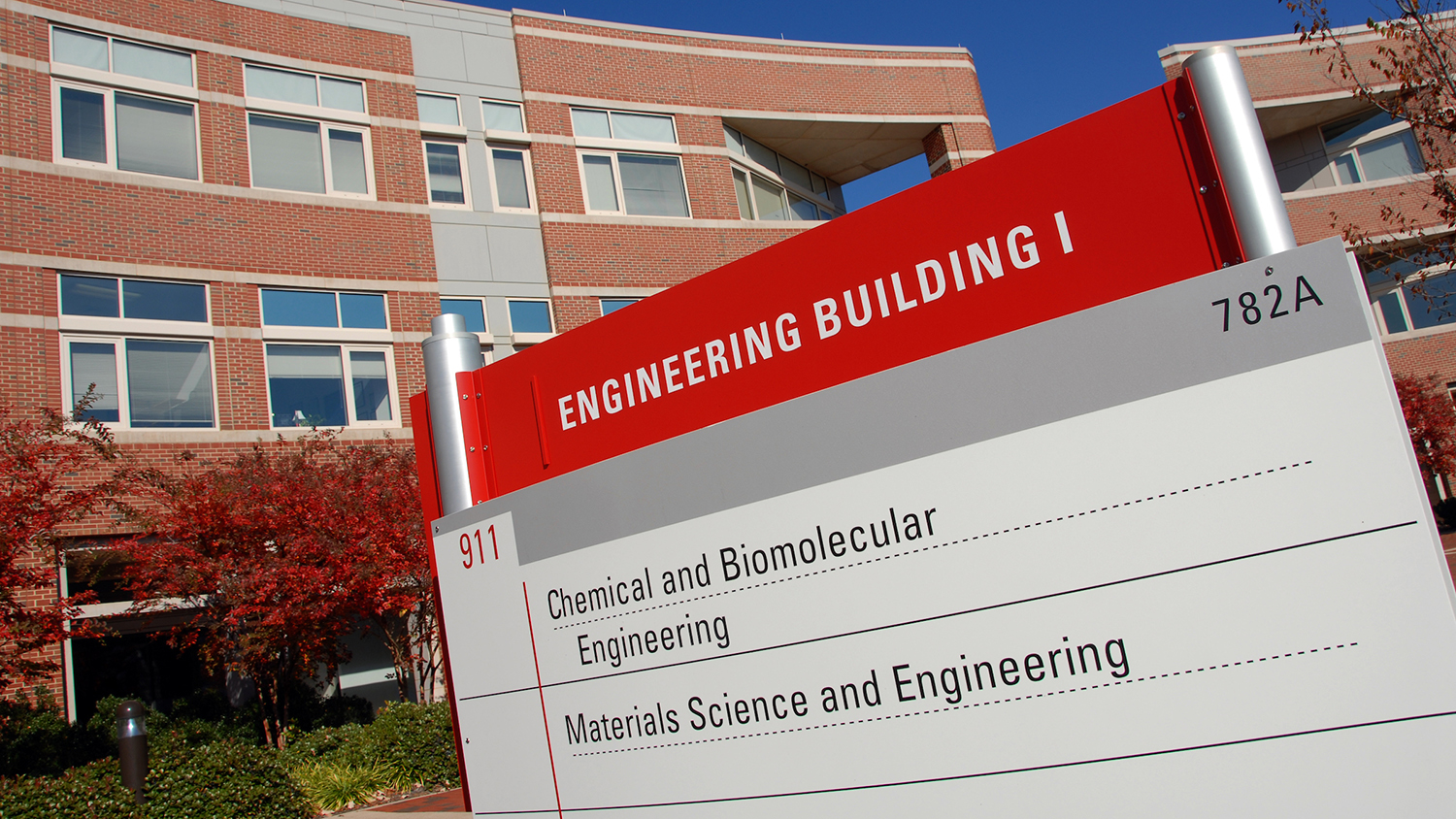
CBE professors Rao and Keung receive $1.3M NIH research grant
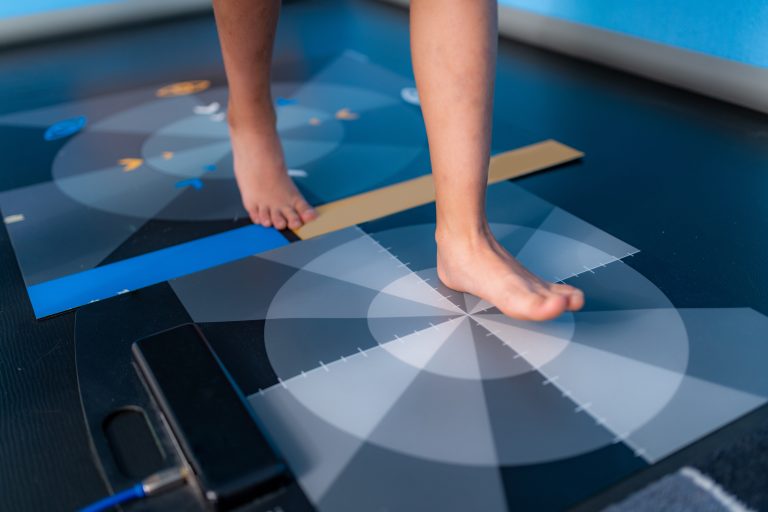
BME’s Franz awarded $2.7M NIH grant to enhance foot and ankle function in older adults
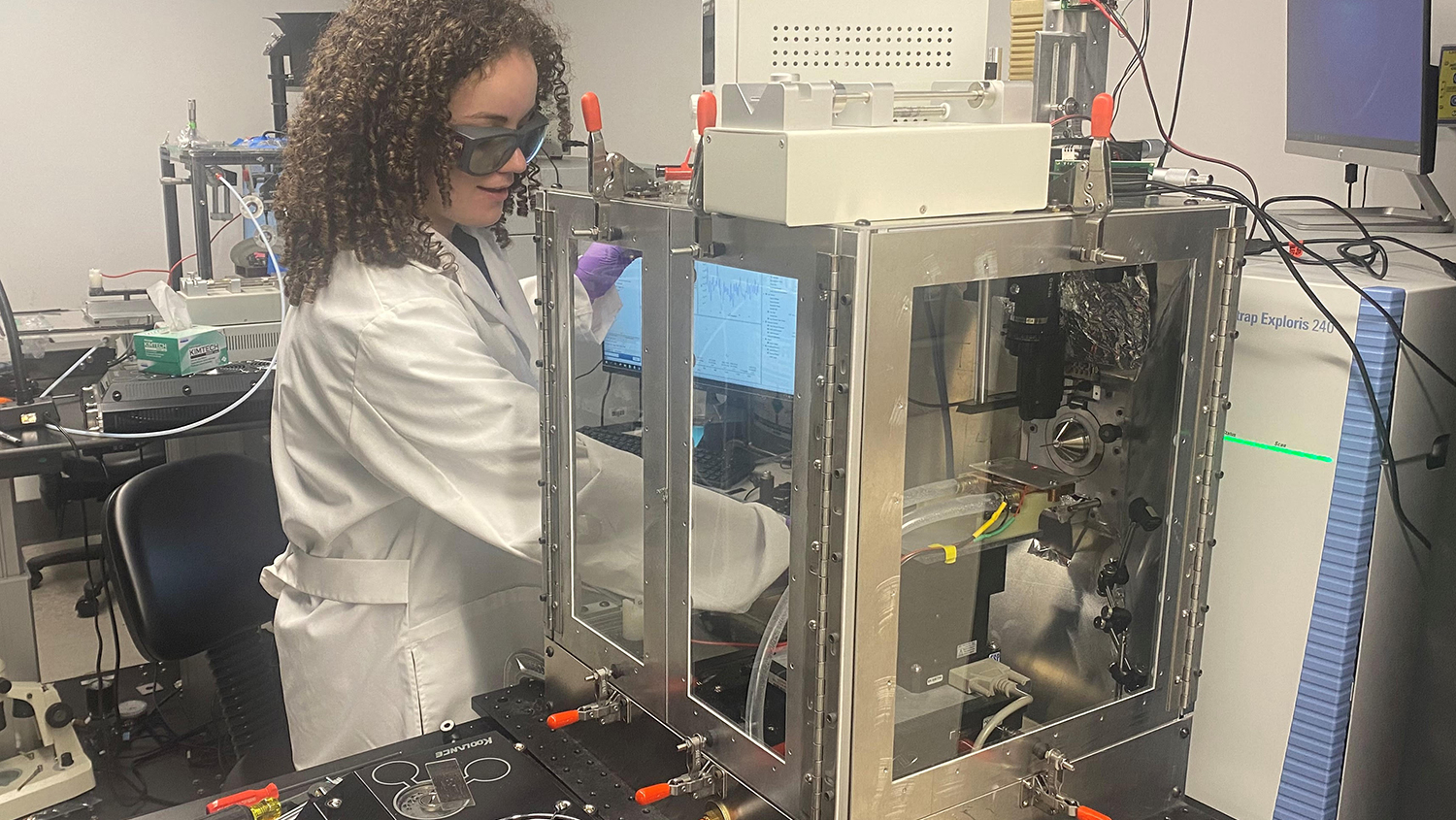
The power of mass spectrometry imaging

ASSIST Center looks to a self-sufficient future
